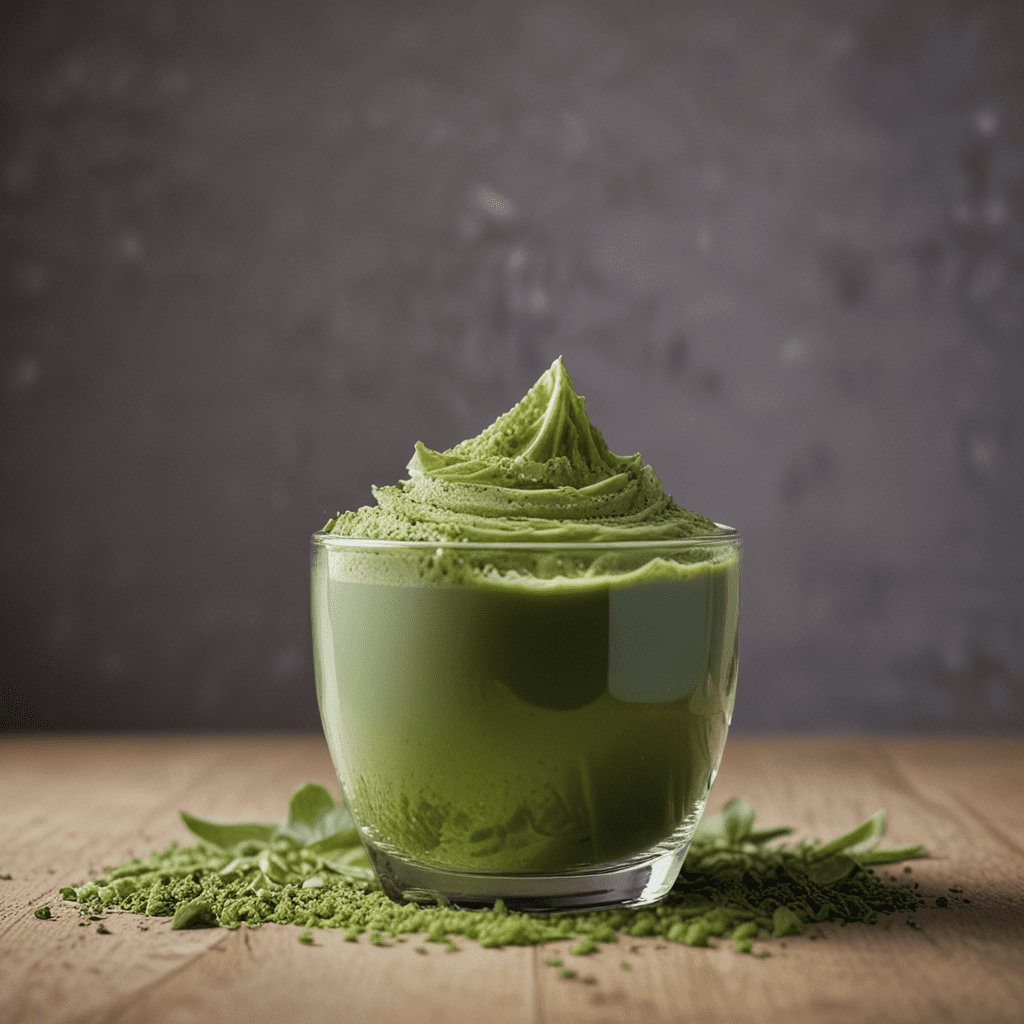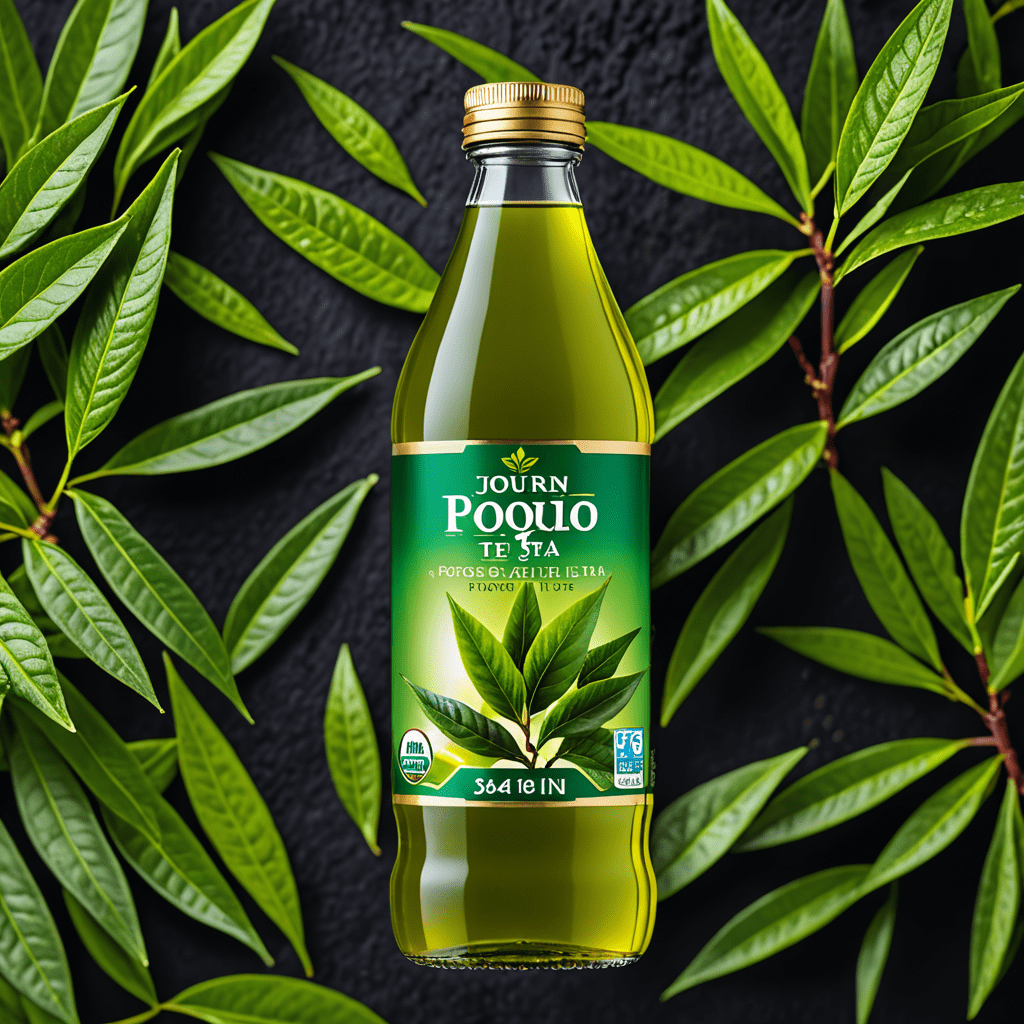
Matcha: A Rich Source of Catechins
Matcha is a finely ground green tea powder that is rich in catechins. Catechins are a type of polyphenol, which are powerful antioxidants that have been shown to have numerous health benefits, including protecting the teeth from decay and gum disease.
Catechins: Powerful Antioxidants for Oral Health
Catechins have been shown to be effective in inhibiting the growth of oral bacteria, which is one of the leading causes of tooth decay and gum disease. In addition, catechins have antioxidant properties that can help to protect the teeth from damage caused by free radicals. Free radicals are unstable molecules that can damage cells and DNA, and they have been linked to a number of chronic diseases, including cancer and heart disease.
Matcha's Antimicrobial Properties
In addition to its catechin content, matcha also has antimicrobial properties. Matcha has been shown to be effective in inhibiting the growth
Matcha and Bad Breath
Matcha has been shown to be effective in reducing bad breath. Matcha contains chlorophyll, which is a natural breath freshener. In addition, matcha's antimicrobial properties can help to kill the bacteria that cause bad breath.
Matcha as a Natural Teeth Whitener
Matcha has natural teeth whitening properties. Matcha contains polyphenols, which are antioxidants that can help to remove stains from the teeth. In addition, matcha's abrasive texture can help to scrub away plaque and tartar.
Matcha's Role in Preventing Tooth Decay
Matcha can help to prevent tooth decay by inhibiting the growth of oral bacteria. Matcha contains fluoride, which is a mineral that helps to strengthen the teeth and protect them from decay. In addition, matcha's catechin content can help to neutralize the acids that cause tooth decay.
Matcha and Gum Health
Matcha can help to improve gum health by reducing inflammation and bleeding. Matcha contains antioxidants that can help to protect the gums from damage. In addition, matcha's antimicrobial properties can help to kill the bacteria that cause gum disease.
Matcha Consumption vs. Direct Application to Teeth
Matcha can be consumed as a tea or applied directly to the teeth. Consuming matcha tea can provide systemic benefits for the teeth and gums. Applying matcha directly to the teeth can help to remove stains and whiten the teeth.
Precautions and Considerations
Matcha is generally safe for most people to consume. However, people who are allergic to green tea should avoid matcha. Matcha can also interact with some medications, so it is important to talk to your doctor before consuming matcha if you are taking any medications.
Conclusion: The Benefits of Matcha for Dental Care
Matcha is a good source of antioxidants and antimicrobial compounds that can benefit oral health. Matcha can help to prevent tooth decay, gum disease, and bad breath. Matcha can also help to whiten the teeth and improve gum health.
FAQ
Q: How much matcha should I consume each day?
A: The recommended daily intake of matcha is 1-2 cups per day.
Q: Can I apply matcha directly to my teeth?
A: Yes, you can apply matcha directly to your teeth. However, it is important to note that matcha can be abrasive, so it is important to use it gently and avoid over-brushing.
Q: Is matcha safe for children?
A: Matcha is generally safe for children to consume. However, it is important to talk to your child's doctor before giving them matcha, especially if they are under the age of 2.


